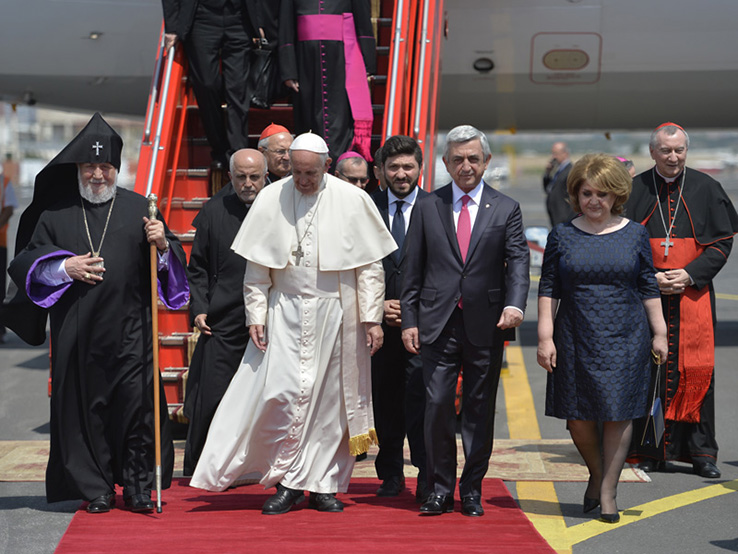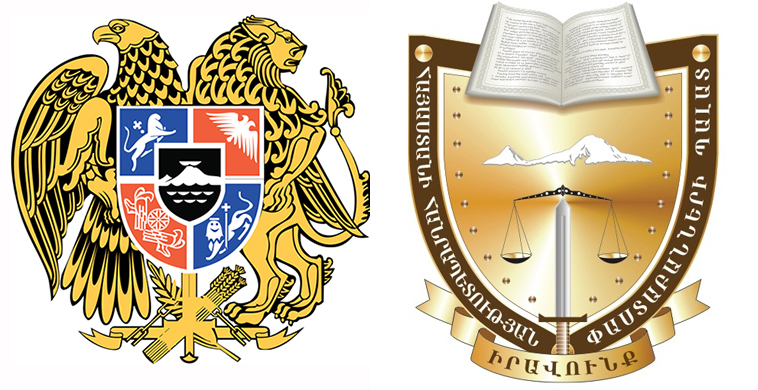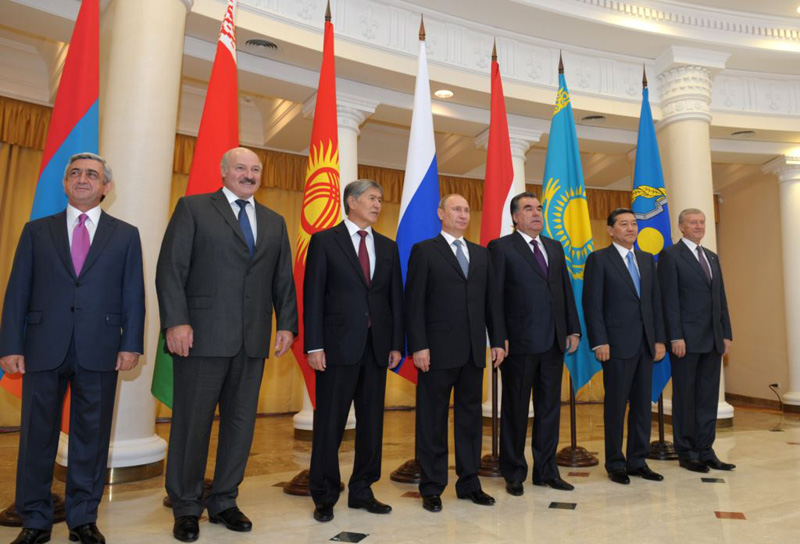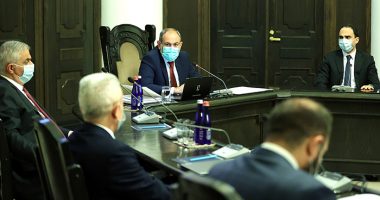By Hambersom Aghbashian
Aydan Özoğuz is a German politician of Turkish descent (born in 1967 in Hamburg to Turkish parents who came to Germany in 1958). She finished her high school education in 1986. Following her studies in English Major and Spanish and Human Resources Management in minor, she completed a master’s degree in 1994. During her university years, she was a member of the Turkish Student Society in Hamburg, and served as its chairperson for two years. Since 1994, Özoğuz was a research fellow in the Körber Foundation and Between 2001 and 2008, she was a member of the Hamburg Parliament. In 2004, Özoğuz joined the Social Democratic Party of Germany and was elected deputy chairperson of the party in 2011. Since 2009 , she is a member of the Bundestag (Germany parliament) for the Social Democratic Party of Germany. She currently serves as Minister of State in the German Chancellery and Commissioner for Immigration, Refugees and Integration (since 2013). Özoğuz is on the board of trustees of the “Muslim Academy in Germany” (Berlin), and since 2010, she is also a deputy member of the board of the trustees of the German Historical Museum and the Foundation for History of Federal Republic of Germany. Özoğuz was re-elected as a member of the Bundestag in the 2013. She is one of the eleven politicians of Turkish descent who won a seat in the Bundestag, including seven women.
The German Parliament overwhelmingly adopted a resolution on Thursday (June 2, 2016) declaring the killings of Armenians by Ottoman Turks in 1915 a genocide, escalating tensions with Turkey at a diplomatically delicate juncture. The Turkish government angrily denounced the vote as “null and void,” and President Recep Tayyip Erdogan called his ambassador in Germany back to Ankara for consultations. The issue is also fraught for Germany. At the time of the killings, Germany, led by Kaiser Wilhelm II, was allied with the Ottomans, in World War I. Acceptance of German responsibility for the atrocities of World War II has become an established part of the nation’s culture, and historians and activists have said that the Armenian resolution was an important step in acknowledging Germany’s indirect involvement in the 1915 killings. Ms. Merkel’s Christian Democratic Union and its coalition partners supported the resolution, which was originally proposed for last year, to mark the centennial of the start of the killings. But it was repeatedly delayed, most recently in February, over concerns about angering Ankara. The vote in the Bundestag, the lower house of Parliament, was nearly unanimous, with one lawmaker voting against and another abstaining. (1) Aydan Özoğuz was one of the Bundestag members of Turkish descent who voted for the resolution.
Mrs Merkel was not in the Bundestag (lower house) for the vote (for the Armenian Genocide resolution). Her Christian Democrats (CDU), their coalition partners the Social Democrats (SPD) and the Greens all supported the resolution, and the vote in favor was overwhelming. German MPs came under pressure from Turks in the run-up to the vote, receiving threatening and abusive e-mails, German ARD news reports.(2)
Parliament speaker Norbert Lammert said that “many threats were sent to colleagues (lawmakers), particularly those with Turkish backgrounds, including death threats”. Aydan Özoguz was one of the members who received many death threats and she called on Turkish groups in Germany to unequivocally denounce the Turkish response. “I expect Turkish associations in Germany to clearly condemn the threats against MPs,” she told the “Bild am Sonntag” weekly paper, adding that Turks can remain committed to their origins without being an extension of Turkey.
Aydan Özoguz said that Mr. Erdogan and ultranationalist Turks “will get a huge boost,” “They will use the resolution as proof of a further attack by the West on Turkey”. “Reasonable, considered voices will be isolated and will have no chance to be heard for a long time.”(in Turkey). (3)
On June 11, 2016, “Osman Orsal / Reuters” wrote that German MPs of Turkish origin have been recommended not travel to Turkey in the nearest future as “their security could not be guaranteed,” as Der Spiegel reported on Saturday, (June 11,2016) citing an internal communication from the Foreign Ministry. Aydan Özoguz told Der Spiegel, “It is unspeakable to know for the first time that it’s no longer possible to fly there,” “Erdogan needs to realize that we are not an extension of Turkey,” she said. (4)
________________________________________
1- http://www.nytimes.com/2016/06/03/world/europe/armenian-genocide-germany-turkey.html
2- http://www.bbc.com/news/world-europe-36433114
3- http://www.nytimes.com/2016/06/02/world/europe/armenian-genocide-germany-turkey.html?_r=0
4- https://www.rt.com/news/346215-german-lawmakers-turkey-warning/










